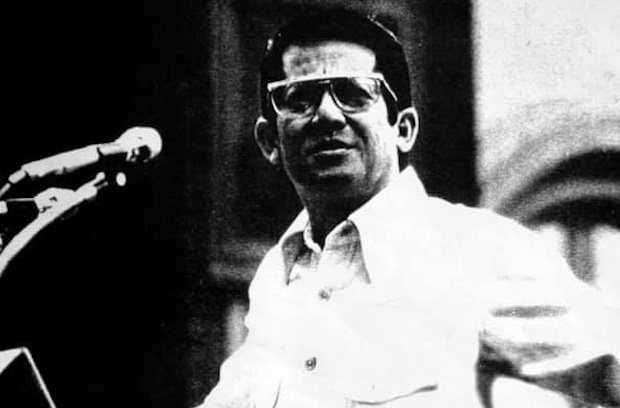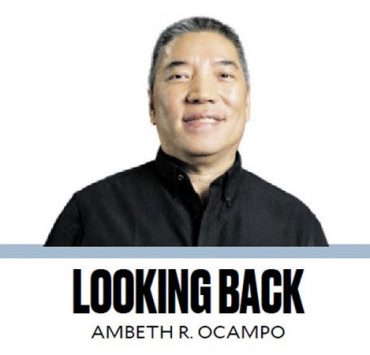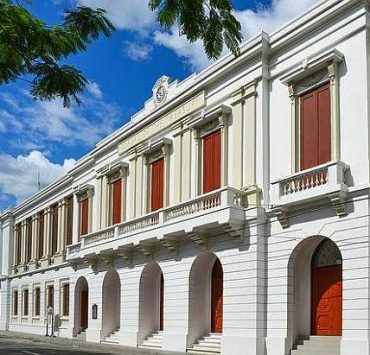‘Worth dying for’: why the Filipino youth should not understate Ninoy’s heroism

What would happen to Filipino youth’s collective memories of history which seemingly vanished?
When we round off scores of young people, they think—as history is “handmade,” thus it varies from historian to historian. They even find themselves at odds with heroes.
That’s why one more dependable fact the youth have to face on the truth table is that history is authentic—it’s not one made to fit the taste of the historical revisionists.
As history falsifiers scrabble at the gross invasion of the hard facts, the young must realize that while the majority of our forebears just drifted back to escape the atrocities of the Spanish-Japanese-American colonizers, our heroes toiled up the war and outbraved death to bring liberty and peace back into their land.
Between then and the 41st commemoration of the youngest-elected senator Benigno “Ninoy” Aquino Jr.’s assassination on Aug. 21, 1983—it’s likely unjust for the youth to understate Ninoy’s heroism when the world over had duly uncovered the historical horrors of Ferdinand Marcos Sr.’s 14-year martial rule that took off the ground on Sept. 23, 1972.
The youth would lose a renewed opportunity to focus on the heroic details of the past and learn from them if we would not say the same for Ninoy’s life sacrifice that triumphed over the excesses and abuses of a despotic-tyrant ruler.We must recall when Ninoy came back home on Aug. 21, 1983, after a three-year exile in the United States, a single bullet lugged in his head and his splashed-in-blood silhouette at the then Manila International Airport tarmac ricocheted off to multitudes of street protests which kindled the fall and ouster of dictator-plunderer Marcos and his family from Malacañan Palace on Feb. 25, 1986.
If the memories of Ninoy’s heroism vanish and make him less of a hero due to enemies’ muscle-flexing, let no one forget: History did favor Ninoy’s life sacrifice that indeed pushed for the remarkable transformation of the people’s willpower to end the Marcos dynasty, yet left aside a chip on every Filipino’s shoulder—the $28.3-billion foreign debt legacy.
As Elfren S. Cruz wrote: “Two scenes—Rizal being shot by Spanish soldiers in Luneta (Dec. 30, 1896) and Ninoy’s body lying still on the tarmac—are among the most heroic images in Philippine history. These two scenes have depicted the ideals of Filipino heroism and love of freedom.”When should we stop invoking Ninoy’s name? His wife, the icon of democracy and the Mother of People Power, former president Cory Aquino, had the answer: “When a president stands here other than by Ninoy’s grace. And not while gratitude is nourished by memory. Not while we acknowledge that it was his sacrifice that gave us back our freedom … a man who discovered hope in the starkest despair, and has something yet to teach a country facing adversity again.” To stand on our feet alongside the youth every time freedom is brought to our knees is heroic and worthy of Ninoy’s life sacrifice.
Pit Malabuyoc Maliksi

















